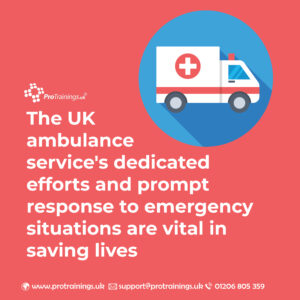

The ambulance service in the UK plays a crucial role in providing emergency medical care to those in need. In 2020 alone, the ambulance service received over 10 million emergency calls in England, highlighting the significant demand for their services.
Types of 999 Calls and Medical Emergencies
According to the latest data from the NHS, medical emergencies constituted the majority of 999 calls received by the ambulance service. In 2020, they accounted for over 75% of all emergency calls.
Medical emergencies encompass a range of conditions, including cardiac arrest, strokes, and difficulty in breathing. These urgent situations require immediate medical attention, and the ambulance service plays a vital role in providing timely and life-saving interventions.
Other Reasons for Calling 999
In addition to medical emergencies, the ambulance service responds to various other situations. Falls were one of the common reasons for calling 999, accounting for approximately 10% of all emergency calls. Road traffic accidents and injuries from violence each accounted for around 3% of the calls.
Impact of the COVID-19 Pandemic
The COVID-19 pandemic had a significant impact on the types of 999 calls received by the ambulance service in 2020. There was a notable increase in calls related to COVID-19, comprising approximately 8% of all emergency calls. This highlights the strain placed on the ambulance service during this unprecedented health crisis.
Non-Emergency Patient Transport Services
Besides responding to emergencies, the ambulance service also plays a crucial role in providing non-emergency patient transport services. This involves transporting patients to and from hospital appointments as well as facilitating transfers between hospitals. Non-emergency patient transport accounted for around 10% of all ambulance service call-outs in 2020, demonstrating their commitment to comprehensive healthcare support.
Overall, the UK ambulance service’s dedicated efforts and prompt response to emergency situations are vital in saving lives and ensuring the well-being of the population. Their indispensable services extend beyond emergencies, encompassing non-emergency patient transport, and contribute significantly to the overall healthcare landscape.
